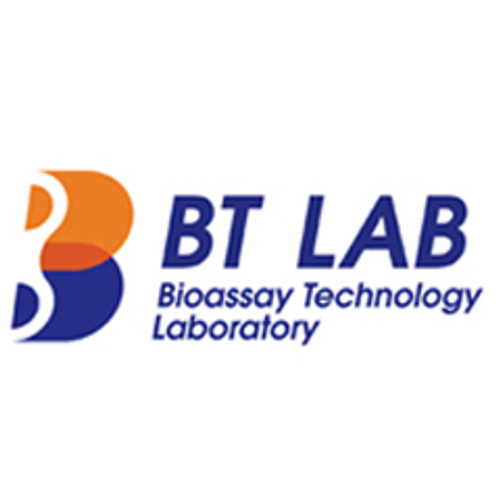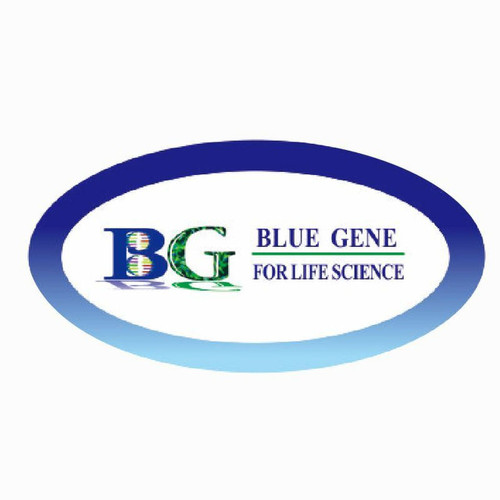Product Description
Human Alcohol dehydrogenase 1B (ADH1B) ELISA Kit | AE23954HU | Abebio
Species Reactivity: Human (Homo sapiens)
Abbreviation: ADH1B
Alternative Name: ADH2; DKFZp686C06125; ADH; beta subunit|alcohol dehydrogenase 2 (class I) ; beta polypeptide|aldehyde reductase|class I alcohol dehydrogenase; beta subunit
Application: ELISA
Range: 31.25-2000 pg/mL
Sensitivity: 12.9 pg/mL
Intra-Assay: ≤4.7%
Inter-Assay: ≤9.3%
Recovery: 0, 96
Sample Type: Serum, Plasma, Other biological fluids
Detection Method: Sandwich
Analysis Method : Quantitive
Test Principale: This assay employs a two-site sandwich ELISA to quantitate ADH1B in samples. An antibody specific for ADH1B has been pre-coated onto a microplate. Standards and samples are pipetted into the wells and anyADH1B present is bound by the immobilized antibody. After removing any unbound substances, a biotin-conjugated antibody specific for ADH1B is added to the wells. After washing, Streptavidin conjugated Horseradish Peroxidase (HRP) is added to the wells. Following a wash to remove any unbound avidin-enzyme reagent, a substrate solution is added to the wells and color develops in proportion to the amount of ADH1B bound in the initial step. The color development is stopped and the intensity of the color is measured.
Product Overview: ADH2 encoded by this gene is a member of the alcohol dehydrogenase family. Members of this enzyme family metabolize a wide variety of substrates, including ethanol, retinol, other aliphatic alcohols, hydroxysteroids, and lipid peroxidation products. This encoded protein, consisting of several homo- and heterodimers of alpha, beta, and gamma subunits, exhibits high activity for ethanol oxidation and plays a major role in ethanol catabolism. Three genes encoding alpha, beta and gamma subunits are tandemly organized in a genomic segment as a gene cluster. Previously ADH1B was called ADH2. There are more genes in the family of alcohol and aldehyde dehydrogenase genes. These genes are now referred to as ADH1A, ADH1C, and ADH4, ADH5, ADH6 and ADH7.
Stability: The stability of ELISA kit is determined by the loss rate of activity. The loss rate of this kit is less than 5% within the expiration date under appropriate storage condition. The loss rate was determined by accelerated thermal degradation test. Keep the kit at 37°C for 4 and 7 days, and compare O.D.values of the kit kept at 37°C with that of at recommended temperature. (referring from China Biological Products Standard, which was calculated by the Arrhenius equation. For ELISA kit, 4 days storage at 37°C can be considered as 6 months at 2 - 8°C, which means 7 days at 37°C equaling 12 months at 2 - 8°C) .
 Euro
Euro
 USD
USD
 British Pound
British Pound
 NULL
NULL












